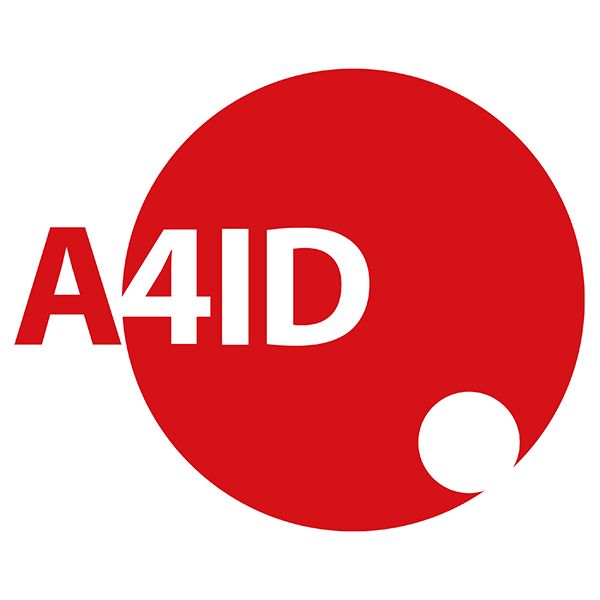ENROL today
2024 Module 4 Decent Work and Economic Growth
Live session 21 September 2024,
10:00-16:15
Economic growth is pivotal to facilitating development and empowerment. Module 4 will present an overview of the global economic growth from the formulation of the SDGs in 2015 until today. We will consider some of the challenges that have impeded economic growth, especially in the context of the Global South – participants will interrogate factors relating to unsafe work conditions, and cheap labour exploitation, drawing from the persecution of vulnerable groups, high unemployment rates and informal jobs. The module will examine the roles which lawyers and state actors can play in mitigating these problems, with illuminating references to modern case studies.
What we'll cover in this session?
-
Leading expert speakers with practical knowledge
-
Case studies discussions that explore real-world cases and develop participants skills and knowledge on equality and inclusive labour market
-
Certification upon completion of the Programme/Module
-
Take-home resources available to all participants for years after completion of the module
-
Hybrid in-person/online which enhances interactivity and participation.
Meet the instructor
Aymen Chahloul
Aymen Chahloul is an ILO official who leads the SCORE Tunisia (Sustaining Competitive and Responsible Enterprises) programme, where he has contributed to improving the productivity and working conditions of enterprises by implementing training and coaching in line with global best practices. He is also the ILO Senior Advisor for the AGC (Appui à la Gestion de Crises pour les PME) project, where he contributes to strengthening the resilience of SMEs facing crises through comprehensive training and mentoring programmes. His efforts have succeeded in promoting better workplace cooperation, green productivity, business continuity and gender equality within the Tunisian business ecosystem, contributing significantly to sustainable economic growth and decent work in the region.
Aymen’s extensive experience includes previous positions at UNOPS as a Green Business Advisor, at APII as Head of the Business Incubation Center and as a Professor of Business Management at ISET, as well as various roles in private companies. He has undertaken several international assignments in countries such as India, Egypt, Senegal, South Korea, France, Germany and Italy.
Aymen holds a Master’s degree in Business Governance and Management and a Master’s degree in Management Sciences from the University of Sousse. He has enhanced his professional qualifications with certifications from reputable institutions such as the International Training Center (ITCILO) and the Institute for Sustainable Leadership at the University of Cambridge.
Aymen is also actively involved in various international networks and voluntary organizations, reflecting his commitment to fostering global partnerships and advancing the development agenda. He brings a multifaceted and inclusive approach to his work, underscored by his dedication to promoting decent work and economic prosperity in line with Sustainable Development Goal 8.
Patrick Jones - Course author
Meet the instructor
Ismet Jarin
Ismet Jarin has extensive qualifications and experience in Bangladesh and the South Asia region more widely, with regards to SDG 8. She holds a postgraduate degree from Jahangirnagar University in Philosophy, and in 2017 completed a diploma in Social Compliance from the Bangladesh Institute of Management. She was also chosen to complete a 1-year Fellowship on Productive Employment and Decent Work in line with the 2030 SDGs by the Swedish Public Employment service. Having over 15 years of professional experience in various fields of work, such as facilitation on human rights and social development issues, developing project management and coordination, and human resource management; she now works in the development sector with grassroot, under privileged communities, particularly women, to address their issues concerning their workers' rights, through the NGO, Awaj Foundation, based in Bangladesh. Ismet also has 6 years of experience working as a facilitator in the Aldi Factory Advancement Project (AFA Project) and worked as a Social Auditor in the Fair Wear Foundation member brands’ sourcing factories. Ismet is one of the advisory board members in Open Apparel registry (OAR), a global supply chain mapping platform. She has facilitated a number of trainings, workshops, and evaluations related to: The Bangladesh Labour Act 2006; Occupational safety and health; Prevention of workplace harassment and violence against women; Feminist legal theory and practice; and functioning committee of workers representative in workplace/factories.
Patrick Jones - Course author


